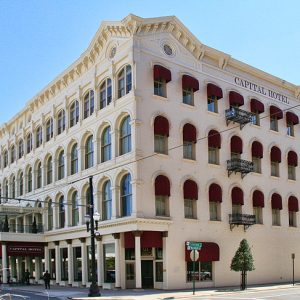 Capital Hotel; 2008
Capital Hotel; 2008
Entry Category: Counties, Cities, and Towns - Starting with C
 Capital Hotel; 2008
Capital Hotel; 2008
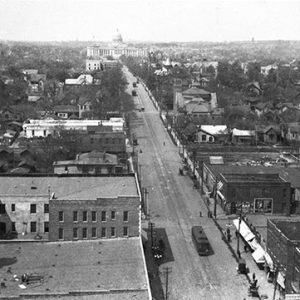 Capitol Avenue
Capitol Avenue
Caraway (Craighead County)
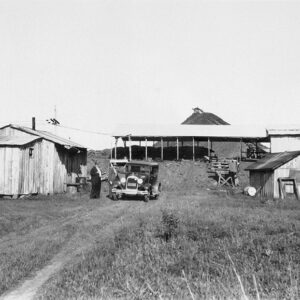 Carbon Coal Company
Carbon Coal Company
Carlisle (Lonoke County)
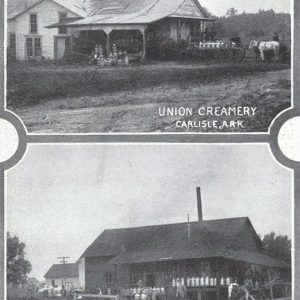 Carlisle Creameries
Carlisle Creameries
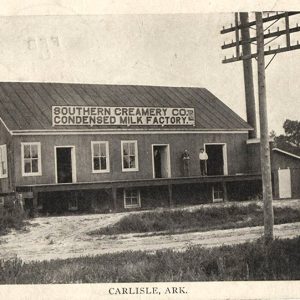 Carlisle Creamery
Carlisle Creamery
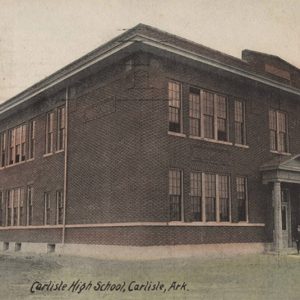 Carlisle High School
Carlisle High School
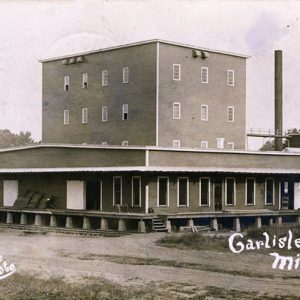 Carlisle Rice Mill
Carlisle Rice Mill
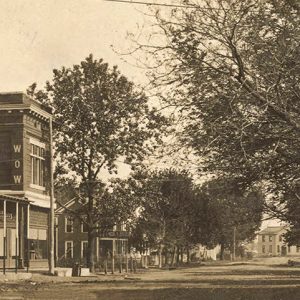 Carlisle Street Scene
Carlisle Street Scene
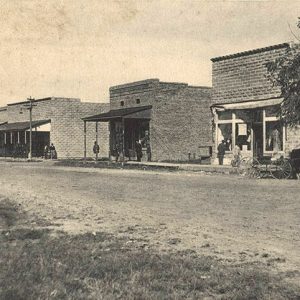 Carlisle Street Scene
Carlisle Street Scene
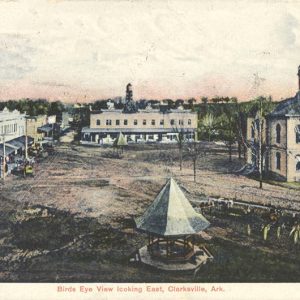 Carlisle View
Carlisle View
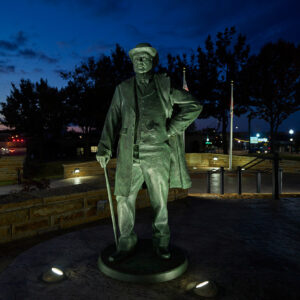 Carnall Statue
Carnall Statue
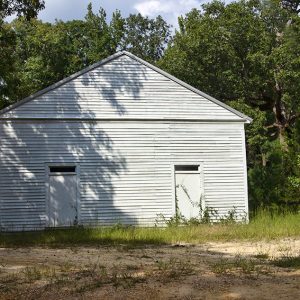 Carolina Methodist Church
Carolina Methodist Church
 Carpenter Dam
Carpenter Dam
 Carpenter Dam
Carpenter Dam
Carroll County
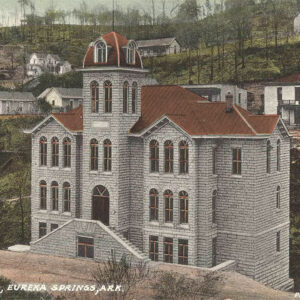 Carroll County Courthouse, Western District
Carroll County Courthouse, Western District
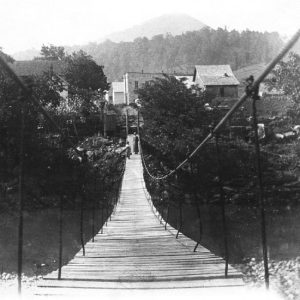 Carrollton Swinging Bridge
Carrollton Swinging Bridge
Carrollton (Carroll County)
Carthage (Dallas County)
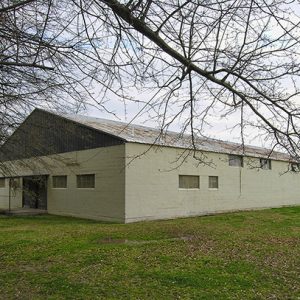 Carver Gym
Carver Gym
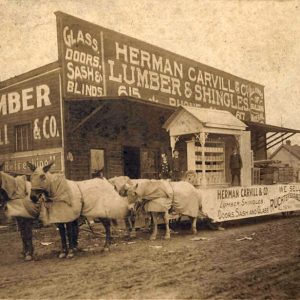 Carvill Store
Carvill Store
Casa (Perry County)
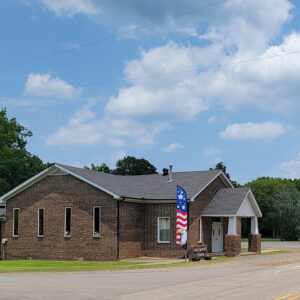 Casa Church
Casa Church
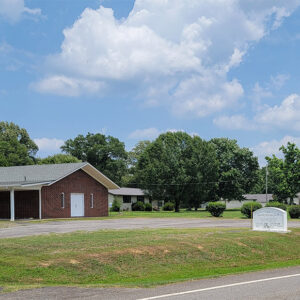 Casa Church
Casa Church
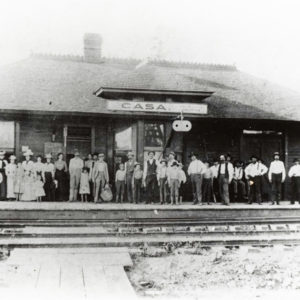 Casa Depot
Casa Depot
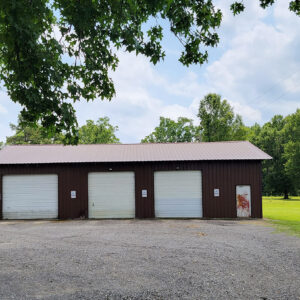 Casa Fire Deparement
Casa Fire Deparement
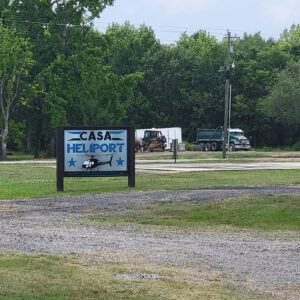 Casa Heliport
Casa Heliport
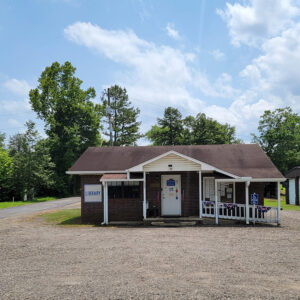 Casa Library
Casa Library
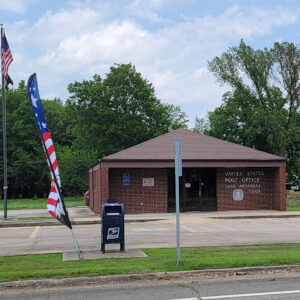 Casa Post Office
Casa Post Office
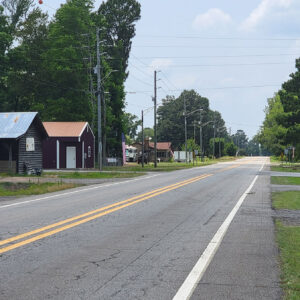 Casa Street Scene
Casa Street Scene
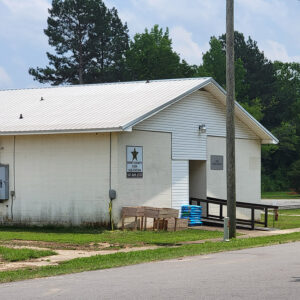 Casa Substation
Casa Substation
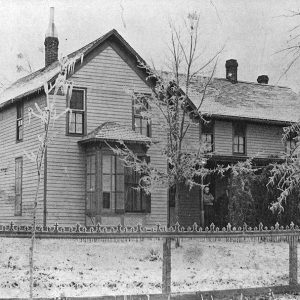 Case-Shiras-Dearmore House
Case-Shiras-Dearmore House
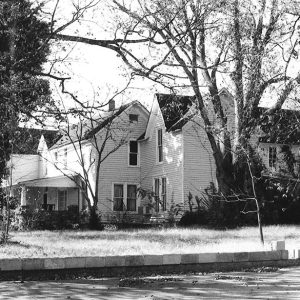 Case-Shiras-Dearmore House
Case-Shiras-Dearmore House
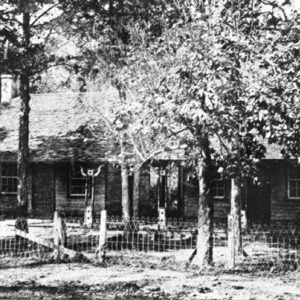 Casey House
Casey House
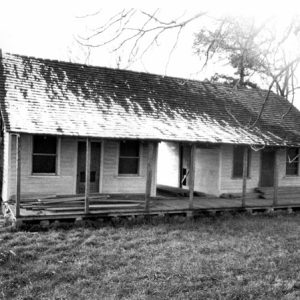 Casey House
Casey House
Cash (Craighead County)
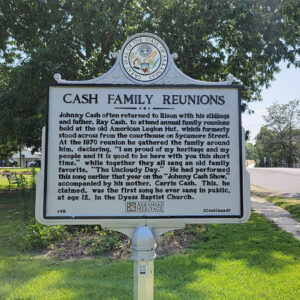 Cash Family Reunions Memorial
Cash Family Reunions Memorial
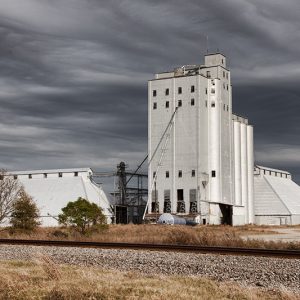 Cash Grain Elevator
Cash Grain Elevator
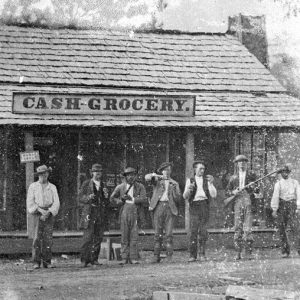 Cash Grocery
Cash Grocery
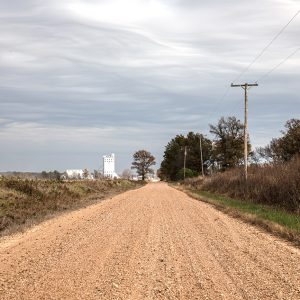 Cash Road
Cash Road
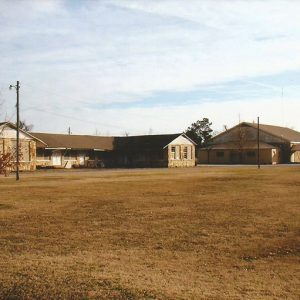 Cash Schools
Cash Schools
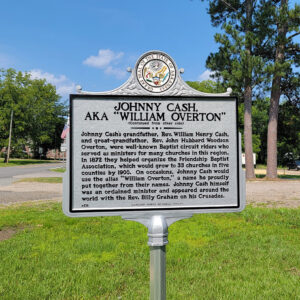 Cash "William Overton" Memorial
Cash "William Overton" Memorial
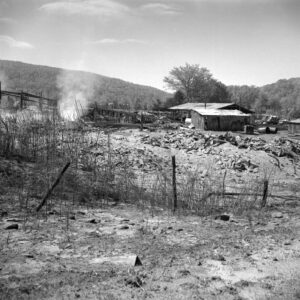 Cass Stave Mill
Cass Stave Mill
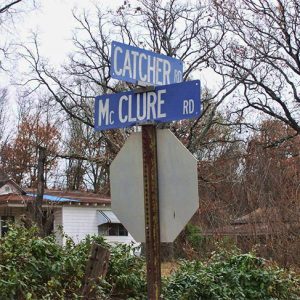 Catcher (Crawford County)
Catcher (Crawford County)
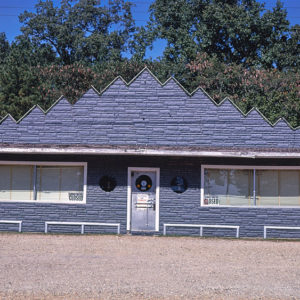 Catfish Cover
Catfish Cover
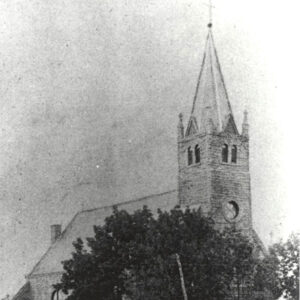 Catholic Church
Catholic Church
Catholic Point (Conway County)
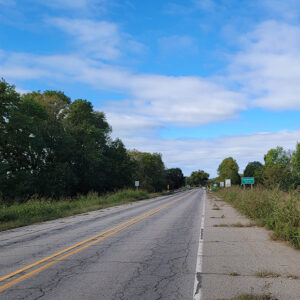 Entering Caulksville
Entering Caulksville




